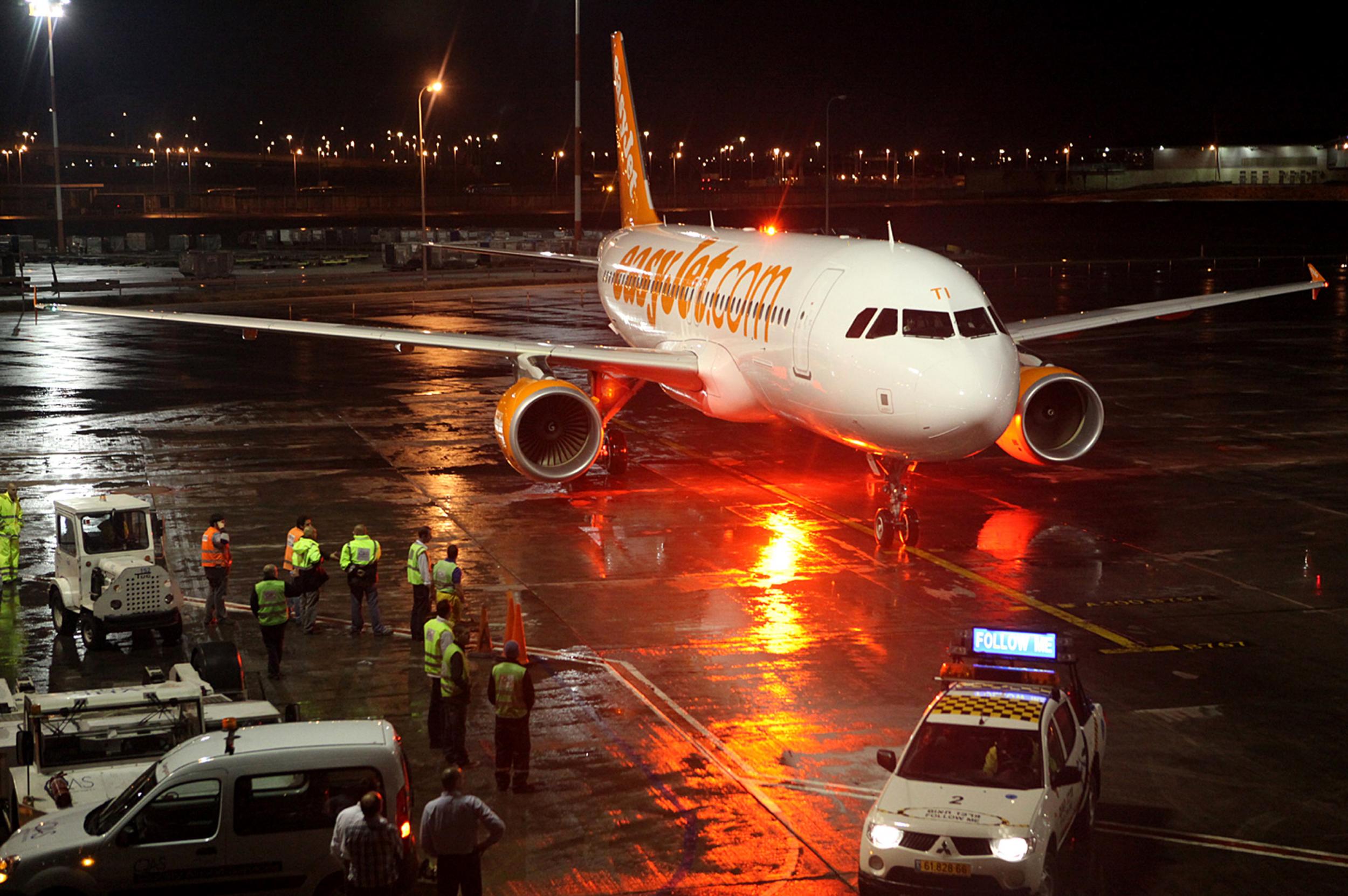This website uses cookies so that we can provide you with the best user experience possible. Cookie information is stored in your browser and performs functions such as recognising you when you return to our website and helping our team to understand which sections of the website you find most interesting and useful.

Budget airline easyJet has been accused of lobbying the government against environmental taxes on flights before it received a £600m loan from the Treasury and Bank of England’s emergency coronavirus fund.
Documents acquired by a Freedom of Information request by Greenpeace reveal UK transport secretary Grant Schapps told the airline an environmental tax on flights is “not the way forward”.
In a meeting with the airline’s chief executive Johan Lundgren in September 2019, Mr Shapps agreed with criticism of European governments for introducing new taxes aimed at curbing the aviation sector’s carbon emissions, Greenpeace said.
The £600m loan from the British government was reportedly provided without any climate conditions attached. The government’s emergency coronavirus financing facility allows UK businesses to apply for loans at pre-crisis commercial lending rates.
Despite the aviation sector calling for special treatment amid the lockdown, which has hit airlines hard, chancellor Rishi Sunak has said he is not treating the industry as a special case.
However, the European Union is currently examining means to make compliance with the Paris agreement a requirement for bailouts for airlines, and the French government has said the national airline, Air France, must halve its overall emissions per passenger-kilometre by 2030 to get a €7bn bailout.
Green MP Caroline Lucas told The Independent: “These worrying revelations suggest that the transport secretary is more concerned about airline profits than the increasing risks of devastating harm to human lives caused by climate breakdown.”
“Rather than caving into the climate-destroying demands of airline bosses, the government should urgently develop a just transition plan to downsize the aviation sector whilst protecting and reskilling workers. That should start with watertight climate conditions on any support made available to the airline industry in response to the impacts of coronavirus.”
easyJet has said that until electric aircraft become available in the future, the company offsets the fuel it uses on all of its flights.
Greenpeace climate campaigner Fiona Nicholls told The Independent: “Carbon offsetting will not clean up aviation’s carbon emissions, just create the illusion it does. EasyJet is peddling snake oil and it’s shocking that the secretary of state seems so willing to buy it.
“A green levy on frequent flyers offers the UK a fair more effective way of tackling the sector’s huge impact on our planet. Rather than dismissing the case out of hand, Grant Shapps needs to look again and take this moment to promote a measure that will genuinely have an impact on the climate emergency.”
A spokesperson for easyJet said: “We recognise that we have a responsibility to minimise the impact of our flights and so are focused on both operating efficiently now and on the development of electric aircraft in the future and, since the technological solution is not yet available, in the interim we offset the carbon emissions from the fuel used for all of our flights on behalf of all of our customers.
“We have always said that taxing passengers is not the right approach as this provides no incentives for airlines to improve the carbon efficiency of their flying, it simply acts as a revenue raiser for governments. The way for aviation to address climate change is to invest in new technology and a tax will simply reduce the funds available to airlines for investment while only having a very marginal effect on emissions.”
A Department for Transport spokesperson told The Independent: “Aviation contributes around £14bn to the economy and creates half a million jobs. It is only right that we champion this sector, while continuing our work to make UK aviation the cleanest and greenest in the world.
“The sector must play its part in reaching the UK’s net zero by 2050 target. That’s why we are working with industry to develop new technologies and fuels to cut emissions and are taking a leading role driving international action for the sector.”



 Africana55 Radio
Africana55 Radio 

